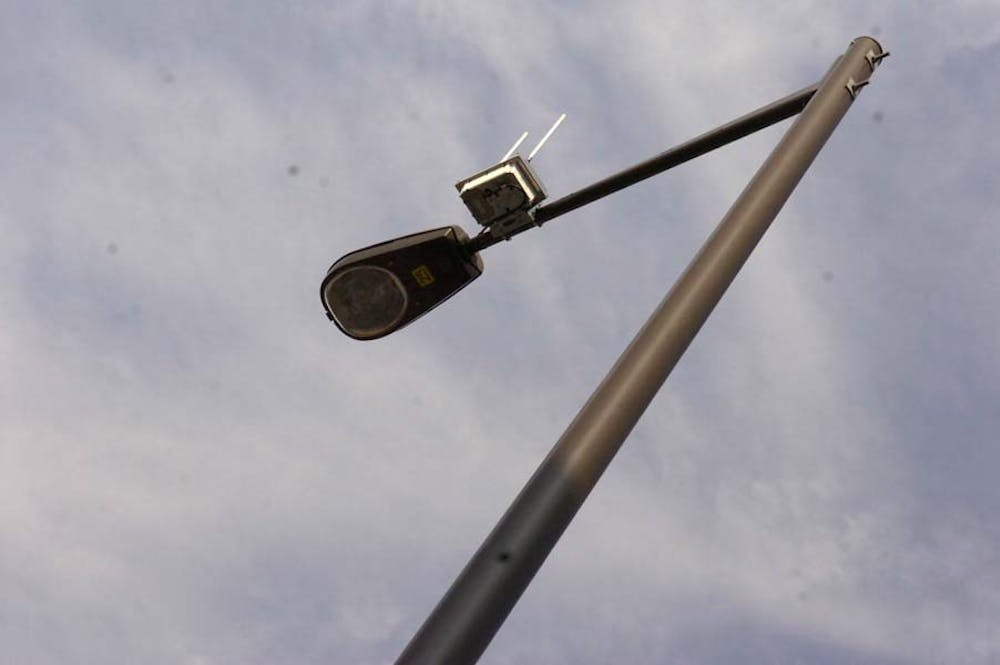
One by one, they keep jumping off the wireless bandwagon.
But Philadelphia keeps on plugging along.
One of a handful of pioneers to announce plans for a citywide wireless system in 2004, Philadelphia's wireless network is now 70 percent complete and on track to be finished by the end of the year.
Meanwhile, officials from both San Francisco and Chicago have announced in recent weeks that they are folding plans to build similar comprehensive wireless networks, leaving Philadelphia as the country's Wi-Fi poster child.
The newest 'it' technology for cities nationwide, wireless is seen to have the potential to connect low-income residents to high-speed Internet. Over 400 towns currently have Wi-Fi plans in the works, according to MuniWireless, a Web site that tracks municipal wireless projects.
But it seems that among the big cities, only Philadelphia has turned that potential into success.
Ryan Nichols, a spokesman Wireless Philadelphia - the organization charged with setting up the network in conjunction with Internet mogul EarthLink - said 20 nonprofit organizations have already agreed to provide laptops and wireless bundles to select low-income residents.
But in San Francisco and Chicago, years of negotiations came to a halt last month.
In San Francisco, EarthLink backed out of a possible partnership with Google, and Chicago decided to scrap its plans after it couldn't come to an agreement with either EarthLink or AT&T.;
Industry experts say those two cities' problems were in part a result of a lack of demand from customers who already had Internet access in their homes or in various parts of the city.
"It's the business model; it's who's going to put up the infrastructure and who's going to make money," said Norm Bogen, director of networking research at the research firm In-Stat.
Bogen added that most cities have enough Internet 'hotspots' - coffee shops and similar establishments that offer free Internet access - that consumers' Internet-on-the-go needs have already been satisfied.
The market in most cities, he says, has spoken for itself.
But in Philadelphia, which ranks far below national averages for Internet connectivity, the reason the wireless network has thrived is simple - its residents need it.
"The goals for Wireless Philadelphia were based on the simple fact that more than half of the households don't have any Internet access at all, and those who do are using dial-up," Nichols said.
That inspired Mayor John Street's office to create Wireless Philadelphia, which is offering plans that range from $9.99 per month for low-income qualifiers to $21.95 per month for most other subscribers.
EarthLink has decided to limit its new citywide projects, but Thomas Cooper, the general manager for EarthLink in Philadelphia, said the company will keep working with the city and, thanks in part to the creation of Wireless Philadelphia, expects the network to continue to grow.
The Daily Pennsylvanian is an independent, student-run newspaper. Please consider making a donation to support the coverage that shapes the University. Your generosity ensures a future of strong journalism at Penn.
DonatePlease note All comments are eligible for publication in The Daily Pennsylvanian.





